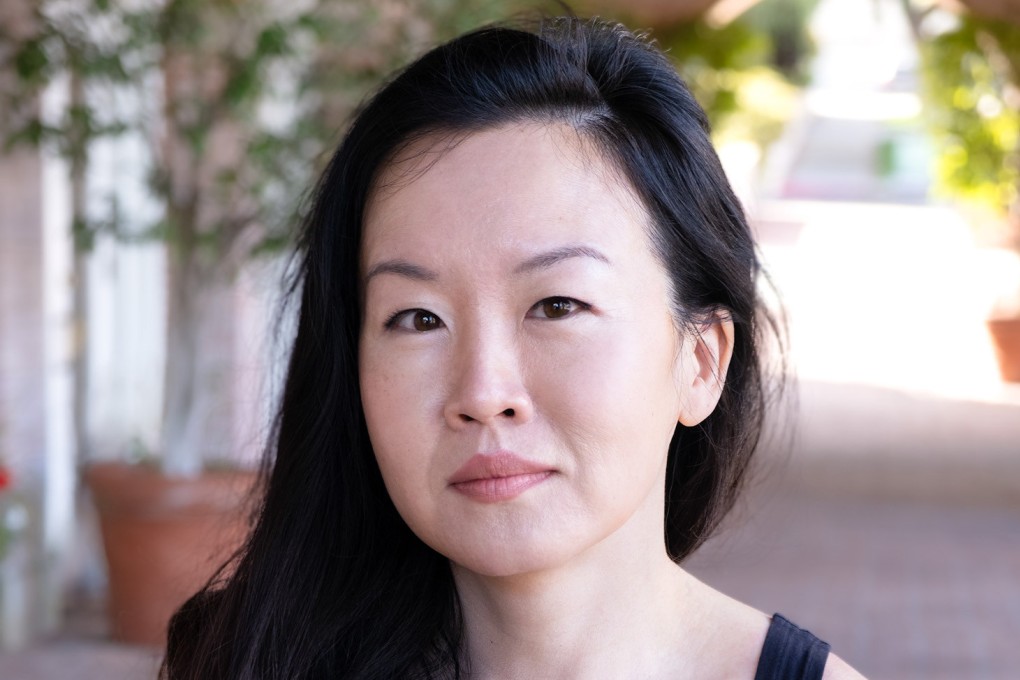Author of K-pop novel The Band explains why her story is no clichéd traditional romance
- Christine Ma-Kellams’ novel follows a K-pop idol who angered his fans so much he has fled to the US, where he meets an older, married woman

In Christine Ma-Kellams’ debut novel The Band, a cancelled K-pop idol flees South Korea for Southern California, where a chance encounter in an H-Mart grocery store leads to him lying low in the home of a slightly older psychology professor.
He is handsome and charismatic; she is unhappy in her marriage. But this isn’t going where that might make you think.
“The idea mostly came out of my experiences as a reader,” Ma-Kellams says of this meet-cute that zigs where others zag. “My singular pet peeve is when I read something and I see a common trope.
“I didn’t want it to veer into the romance genre of, like, oh, this woman meets her K-pop idol and there’s some kind of traditional romance between the two of them,” she says. “I thought that was super boring and cliché, so I was like, I don’t want to go near that.”

Sure, there are popular stories that employ that trope – such as the film The Idea of You, in which Anne Hathaway and a boy band singer meet and fall for each other at California’s Coachella music festival. But that kind of story held no appeal, Ma-Kellams says.